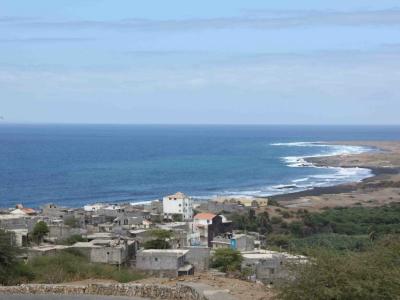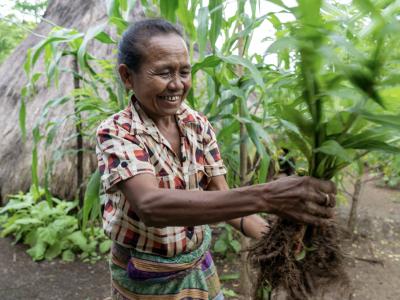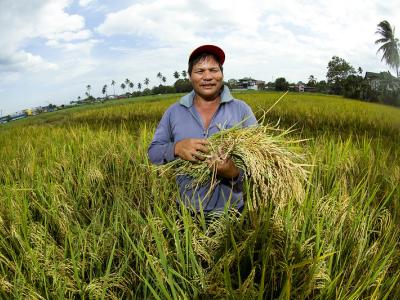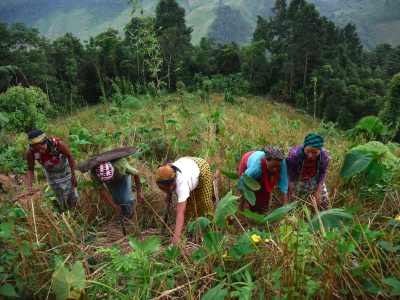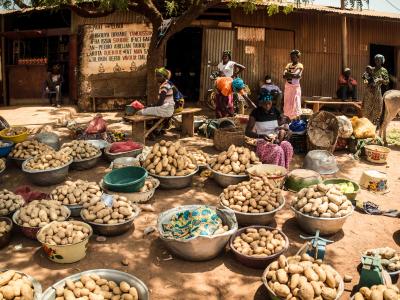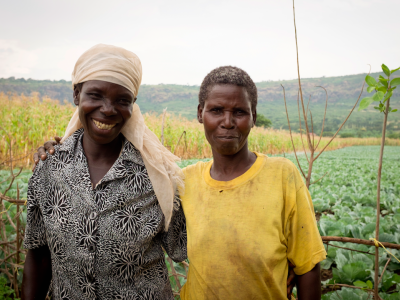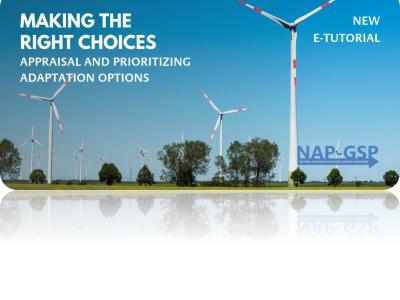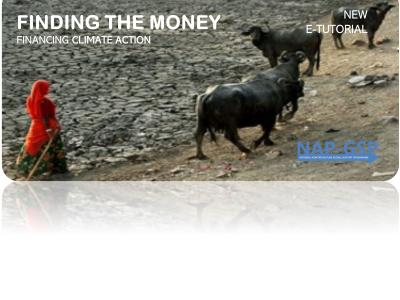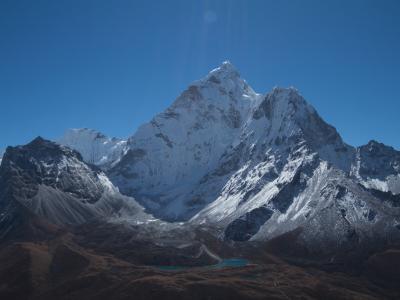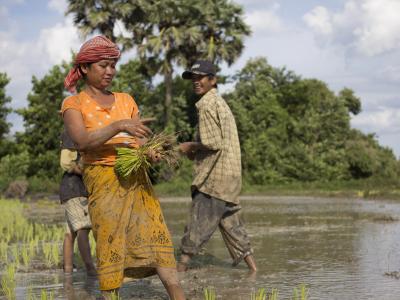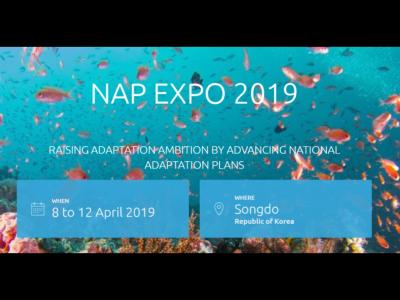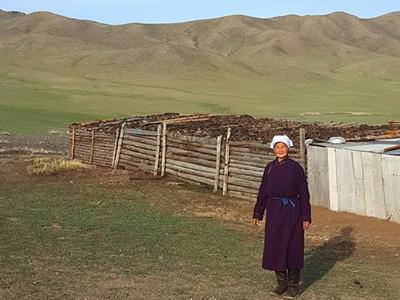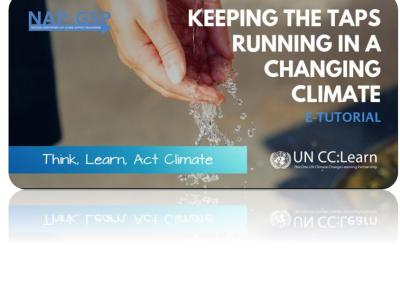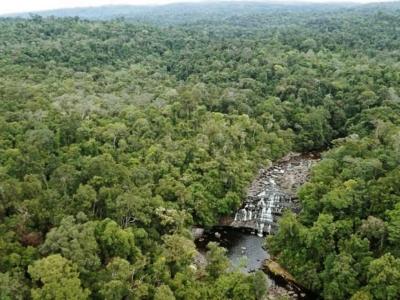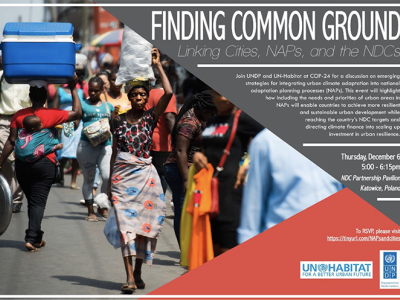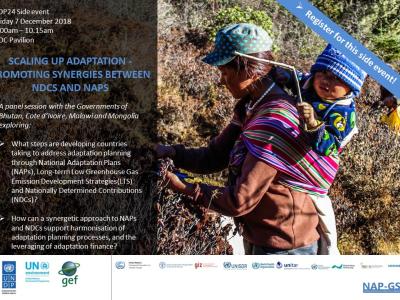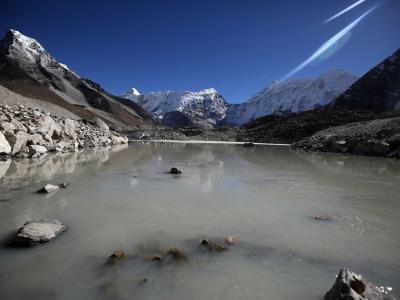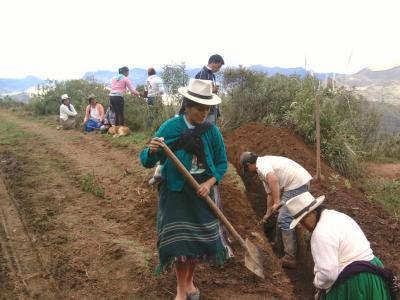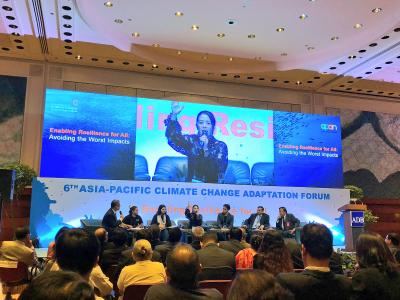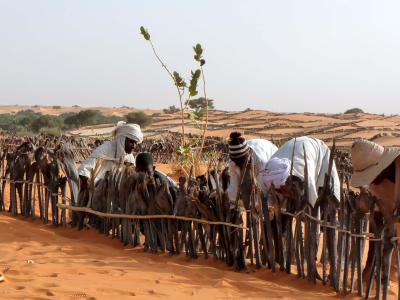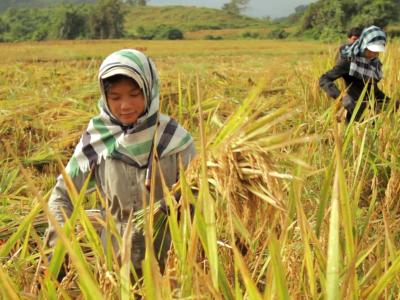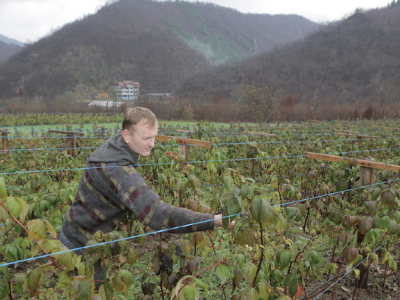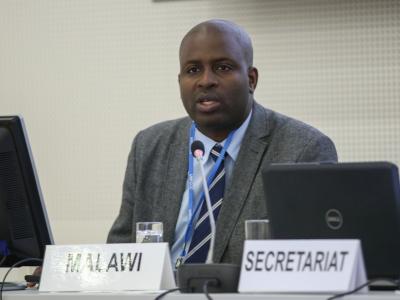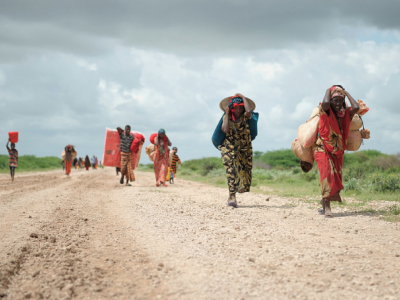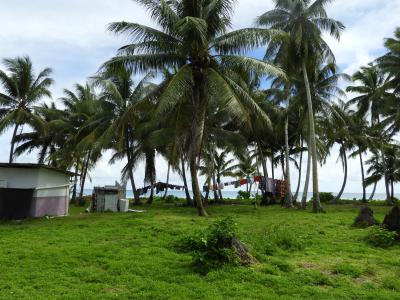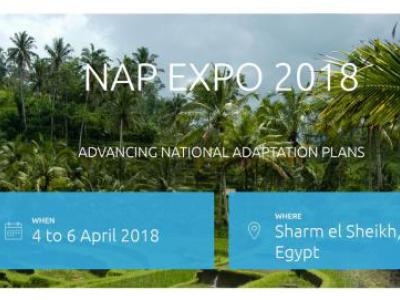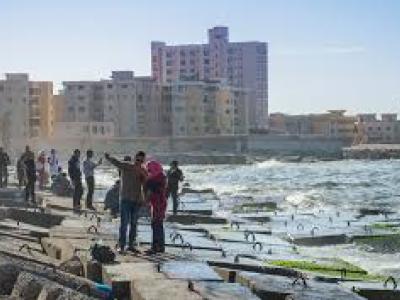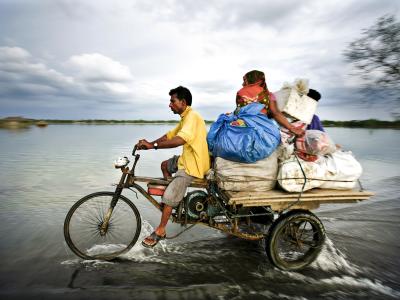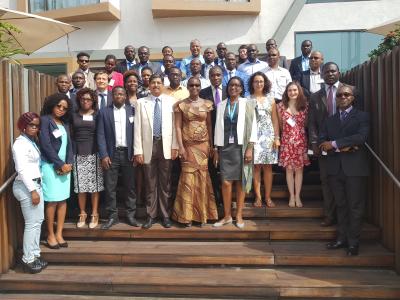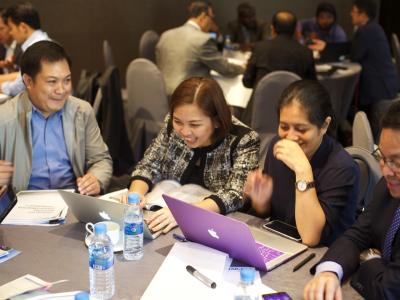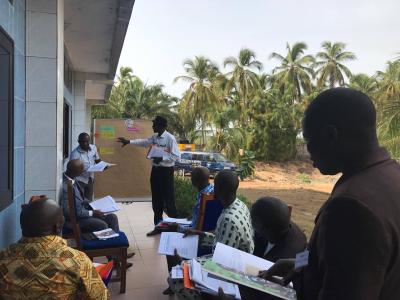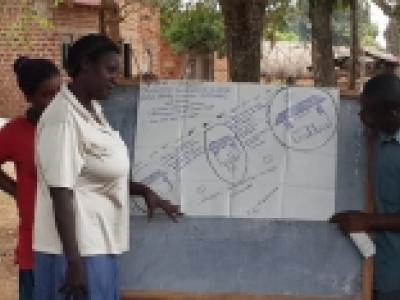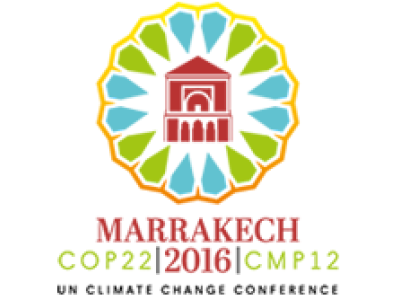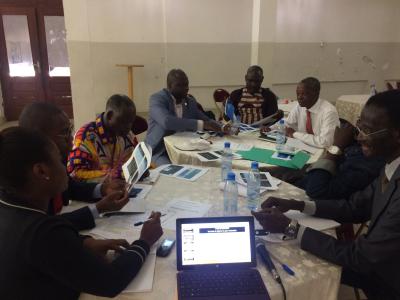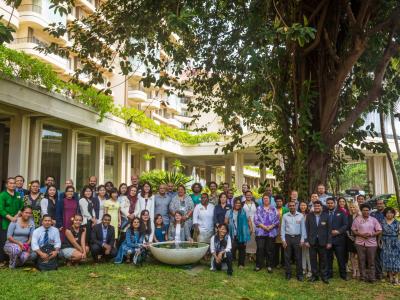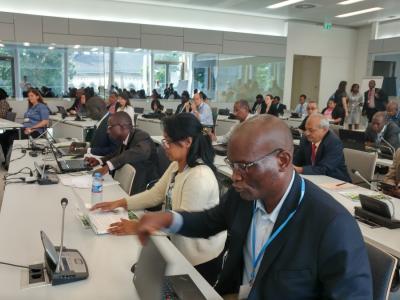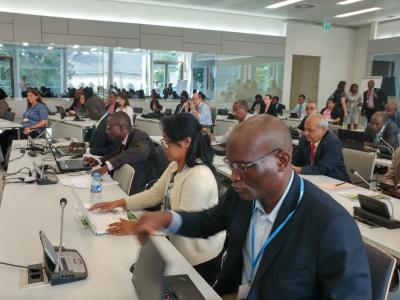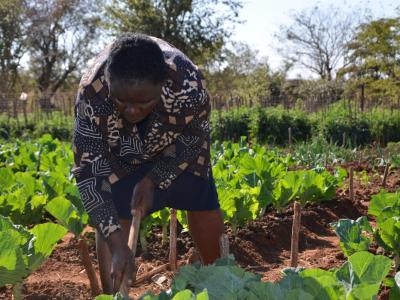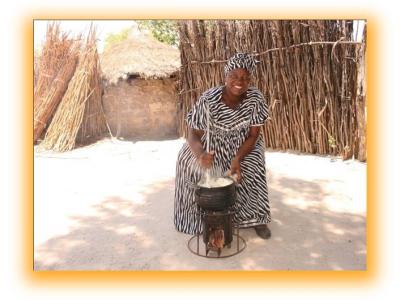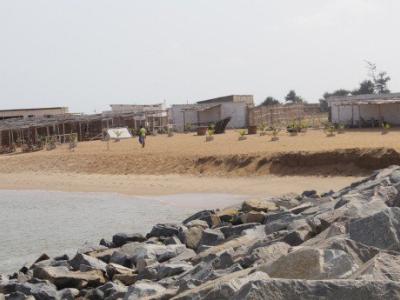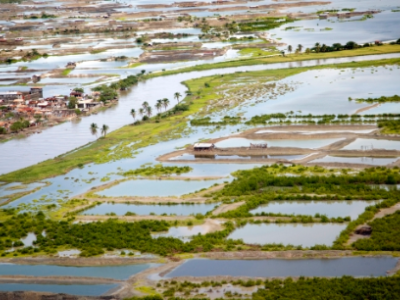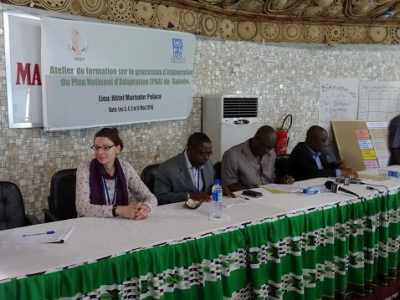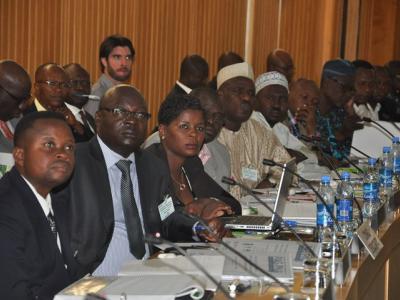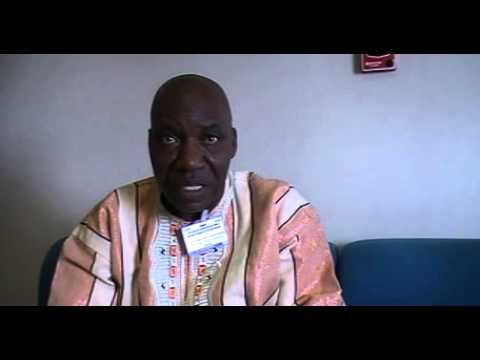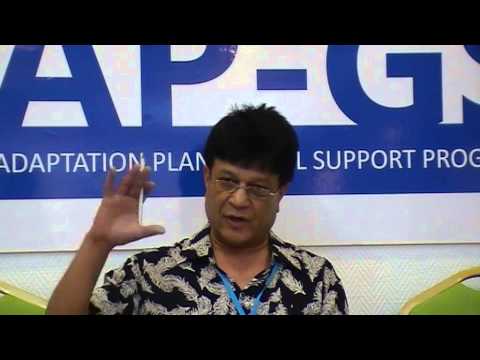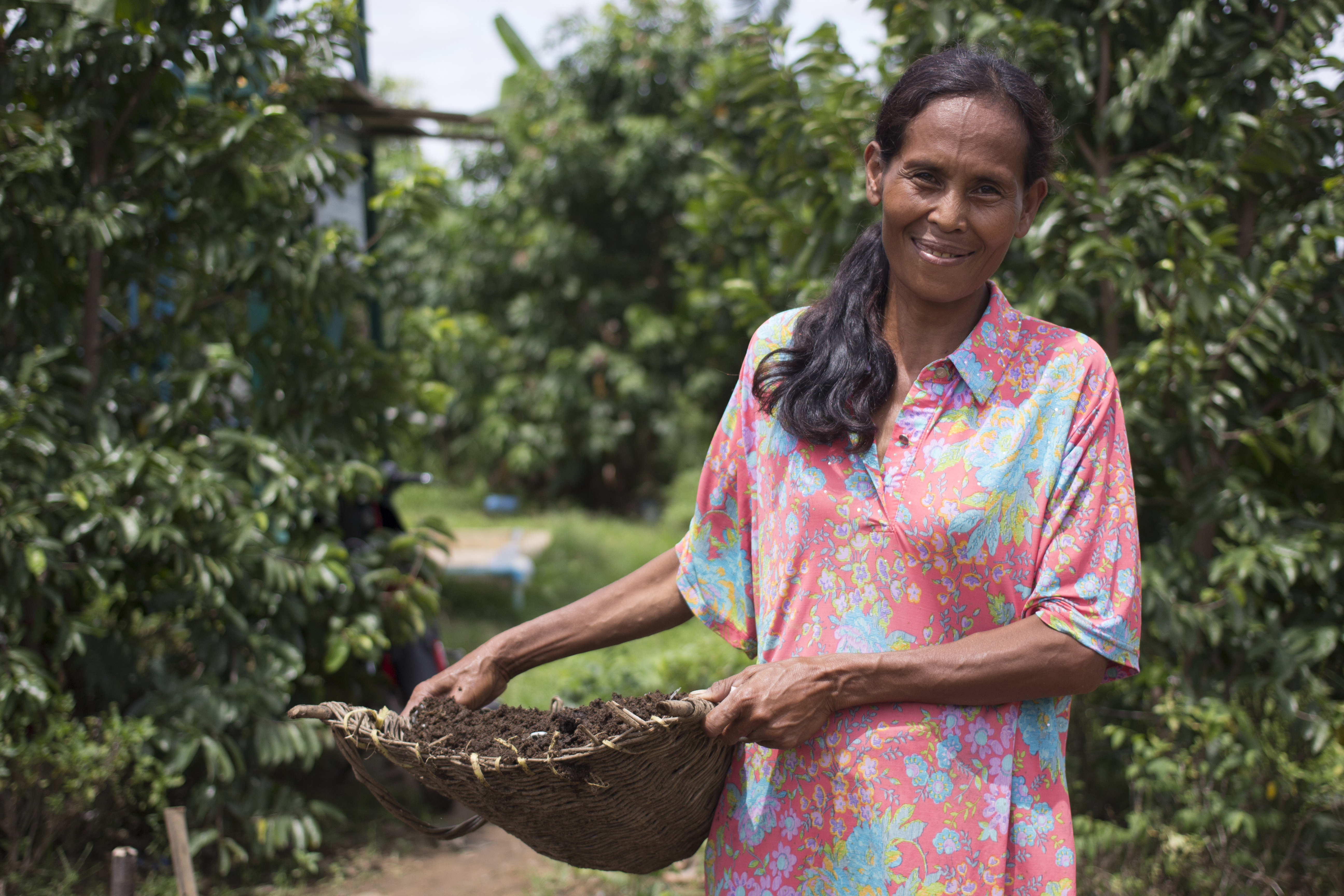
Photo:
The NAP-GSP is assisting Least Developed Countries (LDCs) to advance National Adaptation Plans (NAPs). The Global Support Programme on NAPs has been set up to assist countries to bring greater focus and attention to medium and long-term climate change adaptation planning as well as budgeting.
The National Adaptation Plan Global Support Programme (NAP-GSP) is a UNDP-UNEP programme, financed by the LDCF.
Partner agencies to the NAP-GSP include UNDP, UNEP, WHO, FAO, IFAD, UNITAR, GEF, UNFCCC, GWP, GIZ , PROVIA, and UNISDR.
The NAP-GSP was launched on 14 June 2013 with financing from the Least Developed Country Fund (LDCF).
- Community
- National Governments
Least developed Countries (LDCs)
- United Nations Development Programme (UNDP)
- UN Environment (UNEP)
- Global Environment Facility (GEF)
- UNFCCC Secretariat
- World Health Organization (WHO)
- Global Water Partnership
- Food and Agriculture Organization of the United Nations (FAO)
- IFAD
- UNITAR
- UNISDR
The Global Support Programme on NAPs has been set up to assist countries to bring greater focus and attention to medium and long-term climate change adaptation planning as well as budgeting.
The National Adaptation Plan - Global Support Programme (NAP-GSP) for Least Developed Countries (LDCs) was launched on 14 June 2013 with financing from the Least Developed Country Fund (LDCF) of the Global environment Facility (The GEF).
(1) Institutional support to develop NAP road-maps
(2) Training on relevant, tools, methods and guidelines to support effective climate change adaptation planning
(3) Knowledge sharing to enhance international and regional cooperation
The programme is jointly implemented by UNDP and UNEP in collaboration with development partners. NAP-GSP does not provide grants to requesting countries. Support from the programme can however assist countries to leverage finance from a variety of existing sources.
Countries interested in technical assistance from the NAP-GSP should send Official letters of request through their national UNFCCC focal points to UNDP and UNEP addressed to Rohini Kohli (rohini.kohli@undp.org) and Mozaharul Alam (Mozaharul.Alam@unep.org). The programme will accept requests on a rolling basis.
NATIONAL NAP MEETINGS AND WORKSHOPS
NAP-GSP REGIONAL TRAINING WORKSHOPS
LEG Regional Training Workshop on NAPs for Pacific LDCs in collaboration with NAP-GSP
The LEG Regional Training Workshop on NAPs for Pacific LDCs in collaboration with NAP-GSP is taking place in Port Vila, Vanuatu, from 3-7 November 2014. Representatives are present from the Cook Islands, Federated States of Micronesia, Fiji, Kiribati, Marshall Islands, Nauru, Niue, Palau, Papua New Guinea, Samoa, Solomon Islands, Tonga, Tuvalu, and Vanuatu.
Supporting LDCs to advance their National Adaptation Plans - Asia Regional Training Workshop
The Asia Regional Training Workshop was held on 17-20 February 2014 in Pattaya, Thailand. Representatives from Environment, Planning and Finance Ministries from nine Asian LDCs participated in this workshop, namely Afghanistan, Bangladesh, Bhutan, Cambodia, East Timor, Lao PDR, Myanmar, Nepal, and Yemen.
Supporting LDCs to advance their National Adaptation Plans - Africa Regional Training Workshop (Anglophone)
The Regional Training Workshop for African Anglophone LDCs was held from 14-17 April 2014 in Addis Ababa, Ethiopia. Representatives from Environment, Planning and Finance Ministries from African LDCs participated in this workshop.
Supporting LDCs to advance their National Adaptation Plans - Africa Regional Training Workshop (Francophone) / Atelier régional de formation en Afrique
The Regional Training Workshop for African Francophone LDCs was held from 21-24 April 2014 in Addis Ababa, Ethiopia. Representatives from Environment, Planning and Finance Ministries from African LDCs participated in this workshop.
MEETINGS AND EVENTS
> Decisions:
Key decisions were made on NAPs at COP19 in Warsaw in November 2013, endorcing the NAP-GSP and inviting further participation in the NAP process.
> Side-events:
NAPs featured in many side-events at COP19. See links and reports, film and photos from the events.
> NAP-GSP meetings:
NAP-GSP team held meetings to advance the NAPs process with at least 10 LDC delegations, and several non-LDC participants.
Project monitoring and evaluation will be conducted in accordance with established UNDP, UNEP and GEF procedures and will be undertaken by the project team under the oversight of the UNDP-GEF units based in Bangkok and the UNEP Division for Programme Implementation (DEPI) in Nairobi respectively.
The goal of this programme is to support LDCs to commence a process of integrating medium- to long-term planning for adaptation to climate change within, or aligned with, current development planning and budgeting processes. This will ensure that a successful NAP is not a stand-alone document, but will lead to the integration of adaptation into the existing mainstream development and poverty reduction plans and budgets of a particular country. The programme will strengthen institutional and technical capacities in all LDCs for iterative development of comprehensive NAPs that are country-driven, and based on existing national development priorities and strategies and processes. The programme goal and objective will be achieved by: i) developing operational roadmaps and implementing training to advance medium- to long-term adaptation planning processes in the context of LDC national development strategies; ii) making tools and approaches available to LDCs to support key steps in the NAP process; and iii) exchanging lessons learned and knowledge through South-South and North-South Cooperation.
| Outcome | Output |
| Outcome 1 Least Developed Countries are capacitated to advance medium- to long-term adaptation planning processes in the context of their national development strategies and budgets | Output 1.1 Stock-take of information and processes that are of relevance to the NAP process in the country and identification of key gaps to integrate climate change into medium- to long-term planning processes. This will include ensuring that key stakeholders are engaged in taking stock of on-going initiatives of relevance to NAPs, defining the scope of key requirements and expectations, and assessing the gaps and needs – in terms of information, skills and institutional capacity – for advancing medium- to long-term planning and budgeting processes for adaptation in the context of country specific planning processes and guidance emerging from the COP. |
| Output 1.2 National and sub-national institutional and coordination arrangements established in 12 LDCs, including financial and other requirements for advancing to medium- to long-term adaptation planning and budgeting. | |
| Output 1.3 National roadmaps on the NAP process are formulated, including elements for monitoring the progress of their implementation. The roadmaps will be country-specific, outlining country-specific gaps that need to be filled, budget support required (including an inventory of national or international expertise and other inputs), and timelines for deliverables related to the advancement of NAPs, including reporting on progress to the LEG, AC, UNFCCC subsidiary bodies, etc. The roadmaps will contain information that can be submitted to the LDCF and/or other funding sources with the aim of obtaining the additional finance necessary to support and advance the NAP process in the country | |
| Outcome 2 Tools and approaches to support key steps of the National Adaptation Plan process are developed and accessible to all LDCs | Output 2.1 Technical guidance tools and detailed methodologies by sector, policy materials, guiding principles, case studies on lessons and good practices made accessible in local languages and usable formats to all LDCs, developed in partnership with relevant stakeholders. Effort will be made use existing sectoral guidance and support, as is being developed by other organisations, rather than create new ones. For example, for health, WHO is currently developing guidance that covers vulnerability and assessments, economic tools, gender, early warning systems, indicators for health system resilience and health sector-related NAP guidance. |
| Output 2.2 National teams in 12 LDCs are trained in the use of the tools and approaches to advance to medium- to long-term adaptation planning and budgeting. | |
| Output 2.3 Web-based training materials prepared for use by countries as they commence their respective NAP processes. | |
| Outcome 3. Exchange of lessons and knowledge through South-South and North-South Cooperation to enhance capacities to formulate and advance the National Adaptation Plan process | Output 3.1 South-South and North-South transfer of technical and process-orientated information on experiences, good practice, lessons and examples of relevance to medium- to long-term national, sectoral and local plans and planning and budgeting processes are captured, synthesised and made available to all LDCs to utilise in advancing the NAP process. |
- UNDP
- UNEP
- UNFCCC
- UNITAR
- WHO
- IFAD
- FAO
- GWP
- Least Developed Countries Expert Group (LEG)
- UNDP
- UNEP
- UNEP
- UNDP / UNEP






